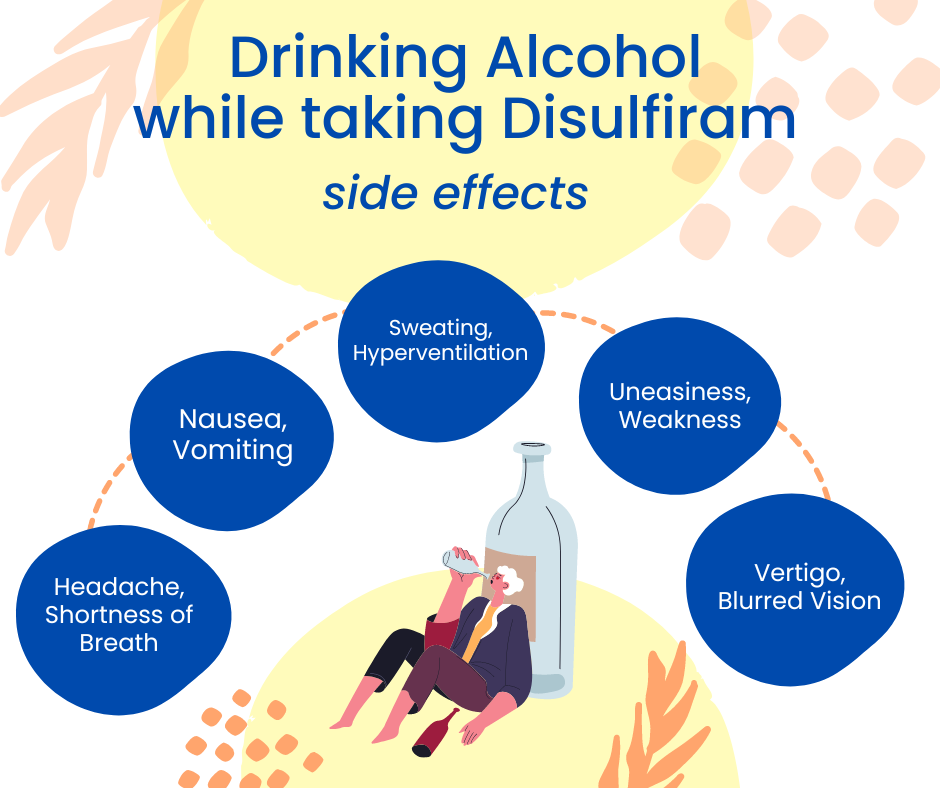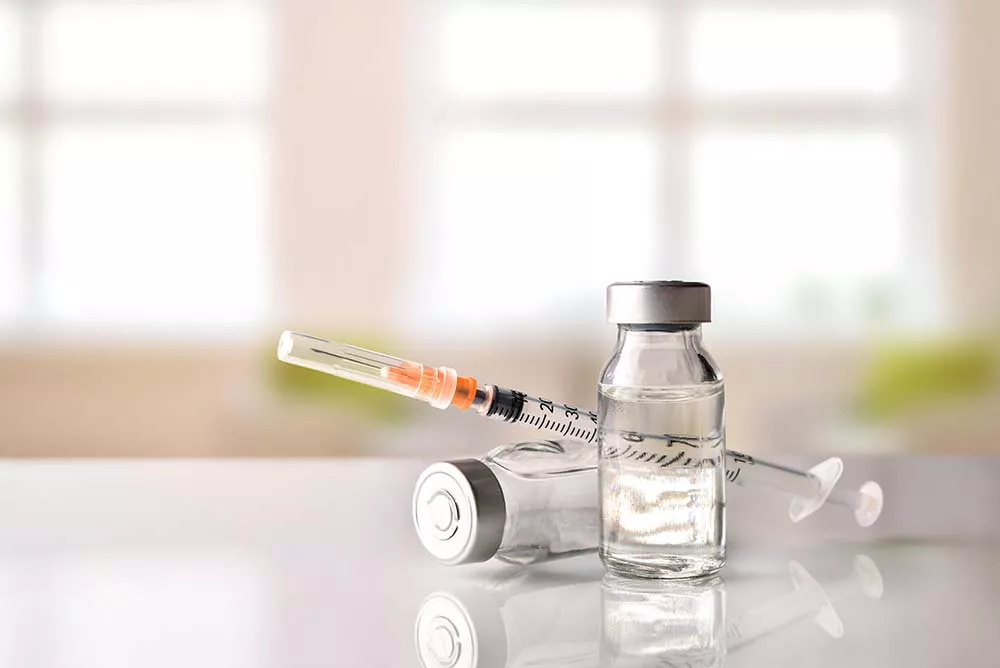If you’re struggling with alcoholism or alcohol use disorder (AUD), you’re not alone. According to the National Institute on Alcohol Abuse and Alcoholism (NIAAA), millions of people aged 12 and older were diagnosed with alcohol addiction in 2019. Chronic alcohol misuse can lead to a range of physical and psychological issues, including chronic diseases and mental health disorders. That’s why early treatment is crucial, even for mild cases.
When it comes to treating alcoholism, qualified healthcare professionals often recommend a combination of behavioral therapy, counseling, and medication. Disulfiram, also known as Antabuse, is one such medication approved by the U.S. Food and Drug Administration (FDA) for treating alcohol addiction. While it’s not the first-line treatment option, it can be effective when used correctly.
Disulfiram belongs to a class of medications known as “antidipsotropic medications,” which are designed to discourage people from drinking. Unlike naltrexone, a first-line treatment option, Disulfiram is a second-line treatment option provided with sufficient clinical supervision. This means that it’s typically used after initial treatment failure or in cases of severe side effects.
Disulfiram is a non-addictive medication that helps promote abstinence in people motivated to quit drinking but find it difficult to resist the urge. Each tablet contains either 250mg or 500mg of disulfiram and is intended for oral administration. The tablets can be crushed and mixed with liquids to be taken once daily.
Disulfiram is an alcohol antagonist (inhibitor) medication that works by blocking the breakdown of alcohol in the body. When someone drinks while on Disulfiram, the accumulation of the chemical compound “acetaldehyde” triggers a very unpleasant reaction. This reaction helps discourage people from using alcohol while taking the medication. However, Disulfiram doesn’t treat alcohol intoxication, alcohol withdrawal symptoms, or alcohol cravings. Instead, it helps people to avoid drinking because they know that they will get very sick if they drink any alcohol.
It’s important to note that Disulfiram is not administered to people when they are intoxicated. For this reason, individuals are required to remain alcohol-free for at least 12 hours before commencing treatment.
According to the National Center for Biotechnology Information (NCBI), Disulfiram is a safe and effective treatment compared to other abstinence-supportive medical treatments for alcohol addiction. Antabuse was also the first medication to gain approval by the U.S. Food and Drug Administration (FDA) to treat alcohol use disorder. Antabuse has been used to treat alcoholism with consistently successful outcomes in individuals with a high level of treatment compliance or when their medication intake is closely monitored.
Since the objective of the medication is to prevent alcohol consumption by creating a negative reaction to its consumption, its effectiveness depends directly upon the person’s unwillingness to experience them.

Disulfiram causes individuals to experience unpleasant side effects even when trace amounts of alcohol are consumed. As such, within minutes after drinking alcohol, a combination of the following symptoms can occur:
During a severe reaction, individuals may experience:
The severity of the disulfiram-alcohol reaction varies with each individual; however, it’s usually proportional to the amount of Disulfiram and alcohol consumed. To prevent an accidental Disulfiram-alcohol reaction, avoid exposure to alcohol-containing products, such as rubbing alcohol, aftershave, perfumes, hand sanitizers, certain mouthwash, and hair sprays. Some food items, such as sauces, kombucha, vinegar, and flavorings, may also contain alcohol and should be avoided. It’s crucial to refrain from consuming any alcoholic beverages during and after 14 days of treatment discontinuation. By following these precautions, you can help prevent potentially harmful reactions.
Along with its intended effects, Disulfiram may cause certain side effects. However, most of these side effects usually dissipate during treatment as your body adjusts to the medication.
Common side effects may include:
Although severe allergic reactions are rare, it’s vital to seek immediate medical attention if you notice any of the following symptoms:
Furthermore, individuals should be advised to seek medical advice if they notice any early symptoms of hepatitis, such as fatigue, weakness, anorexia, clay-colored stools, nausea, vomiting, jaundice, or dark urine.
If you’re pregnant, it’s essential to discuss the risks and benefits of taking Disulfiram with your doctor. While the medication isn’t strictly contraindicated during pregnancy, the effects of the Disulfiram-alcohol reaction can compromise the health of a developing fetus. It’s generally recommended that Disulfiram not be used during pregnancy unless the benefits significantly outweigh the potential risks. Women who are breastfeeding should also avoid Disulfiram, as the medication can be passed through breast milk to the infant.
While Disulfiram can be an effective tool in the treatment of alcohol addiction, medication alone isn’t sufficient for a full recovery. It’s essential to participate in a comprehensive treatment program that includes therapy and counseling. Recovery from substance use disorder can be challenging, and there’s no one-size-fits-all approach. However, by having a variety of treatment alternatives to choose from, individuals can receive the support they need to overcome addiction and maintain lasting recovery.
If you are seeking help with your loved one’s addiction, contact us today or complete our quick contact form below, to speak with an addiction treatment specialist.
If you need help with your substance use disorder, we are here to help you build your confidence and momentum towards the future you want. We provide treatment services for adults with alcohol, opioid, and other substance use disorders. We are currently located in Louisiana, Massachusetts, North Carolina, New Jersey, Ohio, Texas, and Washington.
Related Articles
 Naltrexone Uses in Addiction Treatment
Naltrexone Uses in Addiction Treatment
 What Does Vivitrol (Naltrexone) Do?
What Does Vivitrol (Naltrexone) Do?
 Alcohol Addiction and Treatment Options
Alcohol Addiction and Treatment Options